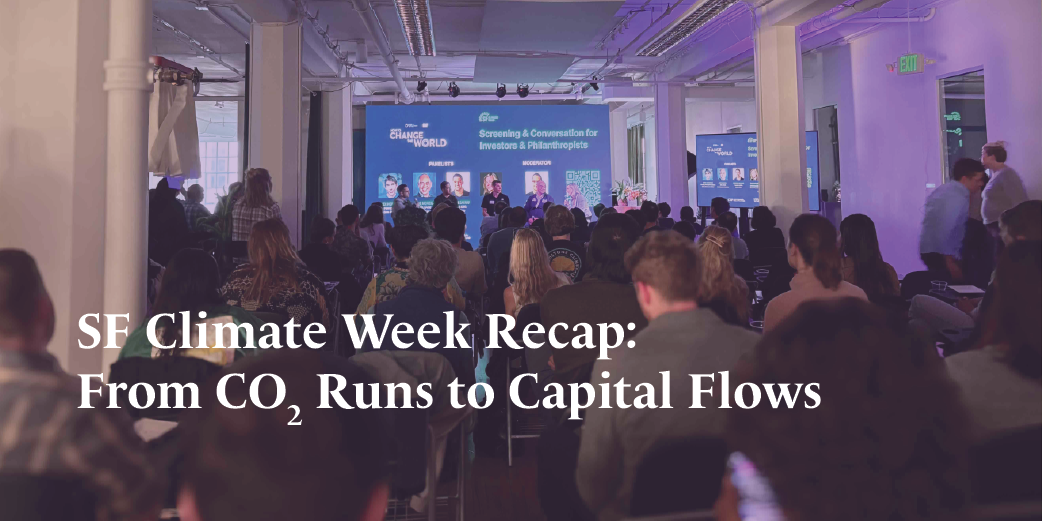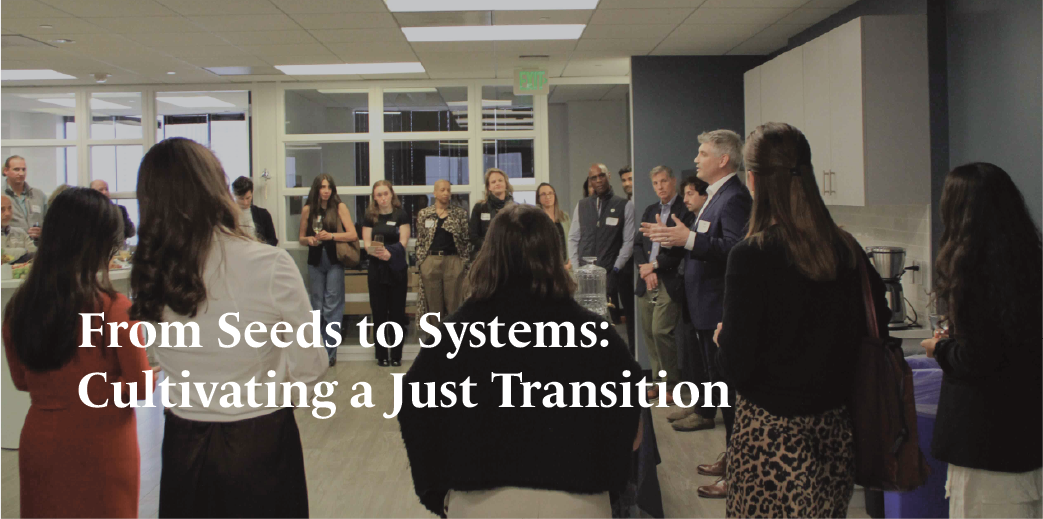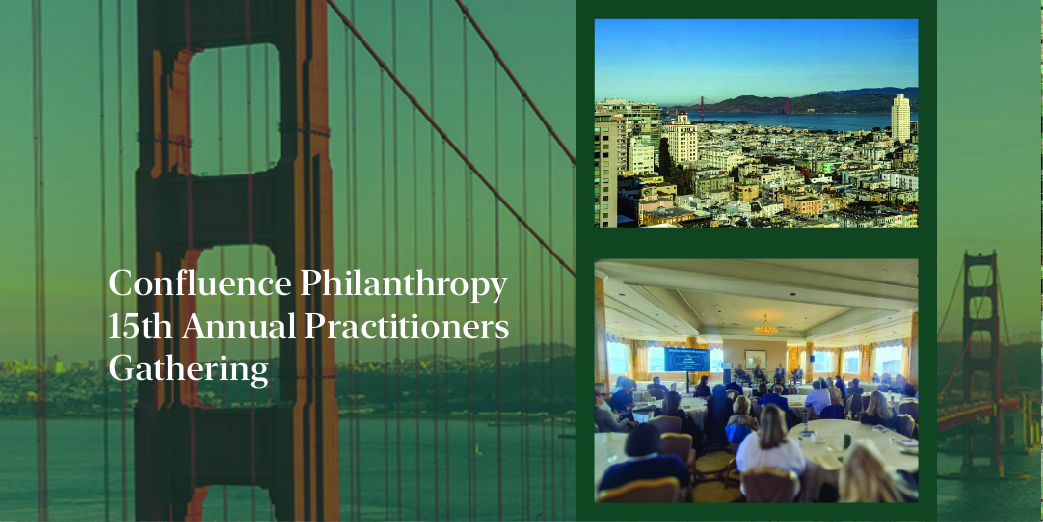The Guardian, By Michael Sidgmore
February 12, 2014
I recently received an email from a top-performing global macro hedge fund manager. We had met two years ago when he spoke at a student conference on alternative investments I helped organise while at LSE. Now, he was calling to learn about the peer-to-peer lending industry.
We talked for 45 minutes, which was about 35 minutes more than we had ever talked before. He was fascinated by new forms of lending and observed that technology is rapidly changing finance. This is the next generation of investing: the old guard working with the new to learn how to survive and thrive in the future of finance.
Major trends are changing finance as we know it. The world is undergoing structural shifts of money, with the World Economic Forum predicting a $41tn wealth transfer (PDF) from baby boomers to millennials over the next 40 years. It is also trying to adapt to a changing financial market structure.
The next wave of investing is being shaped by generational shifts in money, mentalities, and manpower. The next generation of investors think about investing in a fundamentally different way. They are investing to blend profit and purpose. These investors are variously small and large, retail and institutional.
Many invest in clean energy projects on Mosaic’s technology-enabled investment platform. Innovative investors such as Black Coral Capital, which is funding to help reshape clean-tech markets, with its portfolio companies Next Step Living, Clean Energy Collective, Digital Lumens, Noesis Energy adding to the number of the next-generation energy companies.
They are young, high-net worth clients with money at firms, such as $7bn wealth manager Aspiriant, asking for full reporting services on their philanthropic and impact investments. They are independent investment managers such as Sonen Capital, which has raised $300m in just two years to invest for impact at market-rate returns.
The mentality of investors, particularly millennials, has shifted away from dollars and cents to dollars and sense. Over 80% of this generation think business can do more to address some of the world’s biggest problems such as resource scarcity and climate change.
Never has there been a better time to invest for profit and purpose. Many of the world’s biggest problems—resource scarcity, clean energy, education, housing, urban transformations—require significant investment.
Those who invest smart will do well—and do good. Sonen Capital’s report on the KL Felicitas Foundation’s impact portfolio shows that allocating to “impact investments” did well for the Foundation’s portfolio relative to benchmarks and did well for the world. Craig Cogut, one of the founding fathers of private equity as a co-founder of Apollo Global Management, has recently expanded his private equity firm, Pegasus Capital Advisors, to invest in renewable energy infrastructure projects.
Investing in smarter models—that are transparent, offer access, and make a positive social or environmental impact on our world—is inevitable. The future of finance will be shaped by investors—young and old—who recognise these structural shifts. The challenge will be to uncover the asset classes, the models of investing, the distribution channels to offer investment products, and the technologies that will enable the next generation of investors to be successful.
Some of investing’s old guard see the change. That’s why we see Morgan Stanley’s Former CEO, John Mack, on the board of Lending Club. That’s why we see famous City hedge fund manager Lord Stanley Fink and Paul Simon invest heavily in renewable energy. It explains why we see entrepreneur Elon Musk creating a next-generation energy company in SolarCity, an electric car company in Tesla, and a privately owned space transport company , SpaceX, to challenge incumbents in traditionally status quo industries.
Investors such as Capricorn Investment Group would be very pleased with Musk’s results. SolarCity has seen a 400% increase in its stock price in the past year. Tesla, with Capricorn and others as investors, has seen a similar share price increase in the last 12 months.
Kelly Clark of the Tellus Mater Foundation has called for different generations to gather around the table to discuss how to solve the biggest problems of our time. Groups such as WEF Global Shapers, Sandbox, and Summit are doing their part to set the table. With the impending wealth transfer, educating the next generation of investors has never been more important.
Investors have always had a responsibility to generate positive returns, but never have they had more of a responsibility to generate positive impact. The next generation of investing will be shaped by the new generation of investors.
Sustainable finance means harnessing the expertise of the old guard in tandem with the energy and connectivity of the young millennials to solve problems and invest in our future.
See the full article on The Guardian.


